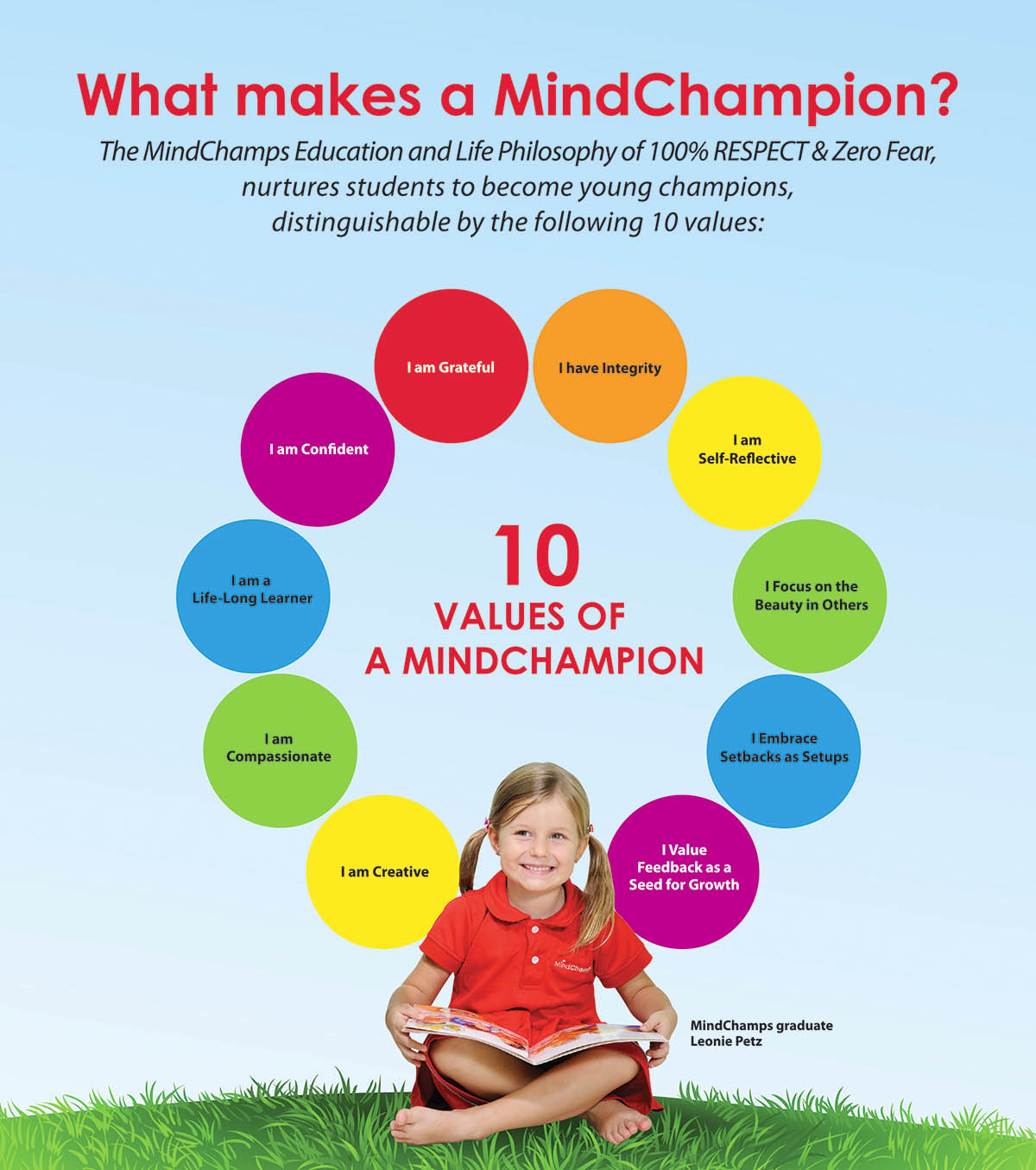Build Up Your Child’s Mental Resilience
Submitted by Advertiser KiasuParent

With technological advancements, we now enjoy greater wealth and resources at our fingertips. Our children have access to more material possessions compared with earlier generations.
But why are they feeling less happy as compared to children born in the 80s?
The age at first onset of depression has fallen from 30 years during the 80s to just 14 years today.
The number of youth suicides in Singapore is also on the rise, with suicides among boys aged 10 to 19 at a record high last year.
More students are turning to suicide as the only way out because they are struggling to score well in their exams.
What is the root of all these problems?
What is Mental Wellness?
What exactly is mental wellness, and why is this term being bandied about when we talk about students nowadays?
Simply put, mental wellness is a positive state of mental health. It is a state where one’s mind is functioning well and one is able to think, feel and act in ways that have a positive impact on one’s overall well-being.
In Singapore, where we deem the academic performance of our children as critical, many parents may inadvertently neglect the mental well-being of their children.
However, if we make our children’s mental wellness a priority, it will likely lead to the following results:
- Healthy family relationships and bonding
- Open communication among family members when faced with challenges
- Child taking ownership of their studies
- Child feeling inspired and having strong self-belief in themselves
Factors Contributing to Mental Wellness
There are ways that you can contribute to your child’s mental wellness. Here are some ideas to get you started:
- Understand your child
- Get to know your child and what makes them tick
- Acknowledge that they are unique and special in their own ways
- Do things together that they enjoy
- Help your child understand their abilities
- Help them to identify their strengths and weaknesses, accept them, and do the best with what they have
- Help them differentiate between what they can/cannot control
- Teach your child to work towards their goals
- Teach them to set achievable and specific goals for themselves, not limited to study goals
- Celebrate with them when they achieve a certain goal
- Live a healthy lifestyle
- Prioritise rest and sleep
- Take balanced meals
- Work-out regularly as a family
- Plan a balanced schedule, with ample time for relaxation and play
- Set limits on screen-time
MindChamps’ Thinking Cap programme helps to develop our students’ potential by imparting the 10 MindChamps Values. Our students get to reflect and apply these values in real life.

One of the values, “I value feedback as a seed of growth”, prepares our kids to face adversity and obstacles with a positive mindset. They learn resilience and tend not to give up easily when they meet with failure or discouragement. During the Thinking Cap lessons, students work in teams to present a particular topic and the trainer encourages other teams to provide their feedback.
Another of our MindChamps Values is “I focus on the beauty in others.” This promotes a healthy mindset of teamwork and collaboration in our children. They are taught to eliminate the negatives in their friends and learn to see the positive in other people and give compliments to acknowledge the uniqueness in others as well. This helps to build empathy and social skills that will serve them well in life.
With a holistic focus on building the right values in our students, the MindChamps’ Thinking Cap programme goes beyond just achieving good grades. It seeks to equip students with the right mindset towards learning and life, so that they grow to become resilient adults, who can make a positive impact and contribution to our world.
Don’t take our word for it. Watch this video to hear what our graduates have to say about the programme.